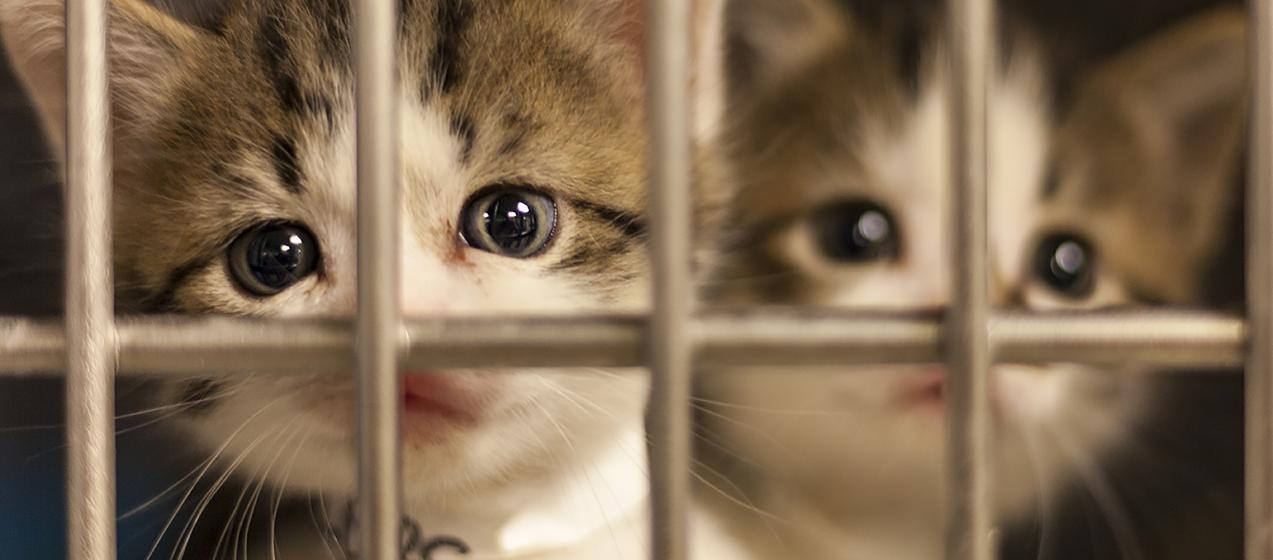Caring for Orphaned Kittens
You’ve found kittens in your yard and haven’t the faintest idea what to do! It’s not all that uncommon in our area and community cats seem to be around just about every corner. But do they really need you to step in?
Animal shelters experience “Kitten Season” every year beginning in spring, and trailing off in the late fall, early winter. During this time, shelters like Women’s Animal Center are inundated with litters of kittens. Most are not of an age to care for themselves, and shelters reach out to the public to find foster care for these orphans. So, before scooping them up and rushing to the shelter, assess the situation.
First, determine if they are truly abandoned. The reality of kitten-hood is they are far better off being looked after by their mothers. Kittens are fragile creatures that require round-the-clock care. So, observe from a distance to see if their mother returns. Mother cats can be away from their kittens for hours. They may be searching for food, relieving themselves far from the nest, or preparing a new nest and moving kittens one by one. Most of the time a mother cat will not return to her kittens if you are lingering around the nest. Unless there is imminent danger, take a wait and see approach.
Kittens will require your assistance if they are getting cold, or wet, are breathing with their mouths open, or are being threatened by other animals. However, bringing them to the shelter for admission isn’t always the best situation for them. Kittens under 8 weeks of age (roughly 2 lbs. in weight) require more care than most shelters have available to them. Not every shelter has the resources for an orphan kitten nursery. Like human infants, they require round-the-clock feeding and care. They must be kept warm and need assistance with elimination. A mother cat takes care of all these needs and more. While she cares for her babies, you can help by trying to make her as comfortable as you can outdoors by providing her with essentials like regular food and clean water, and a safe and secure outdoor shelter in a peaceful and quiet environment.
To help prevent more kittens in the future, consider contacting Women’s Animal Center to participate in our Trap-Neuter-Return program, where cats are spayed or neutered and returned to their outdoor homes.
If the mother hasn’t returned after an extended amount of time (6+ hours), please contact our shelter to determine what to do next. We may request that you bring the kittens in so we can find them forever homes. Or we can help provide you with resources and information on how to foster kittens and care for them yourself until they’re ready to be spayed or neutered and become available for adoption. Kittens’ immune systems are not fully developed, and they are often more likely to get sick, sometimes severely and quickly, in a shelter environment. They have a much better chance at survival if kept in a home environment and not a shelter.
Women's Animal Center can offer expert kitten care advice and has a multitude of resources available for our fosters. To read more about our fostering program, visit our Foster a Shelter Animal page.

